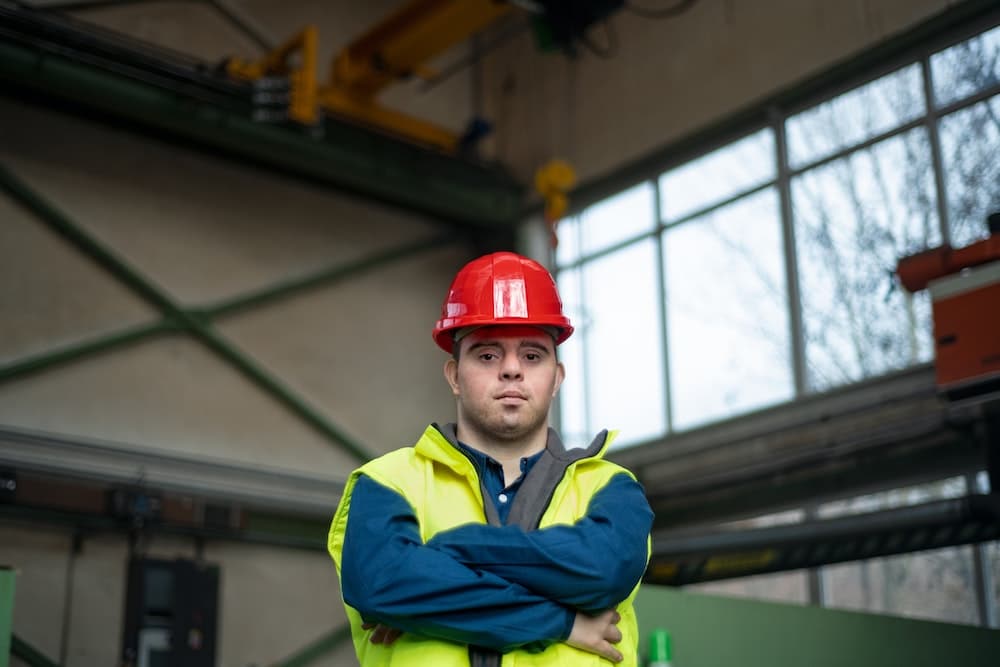How Does Integrative Oncology Enhance Cancer Treatment and Patient Quality of Life?

Cancer, one of the most devastating diseases prevalent today, affects millions of people worldwide. As a challenge to modern medicine, it requires a multi-faceted approach for effective management. This is where integrative oncology comes into play, merging conventional cancer treatment with complementary therapies. This article delves into the role of integrative oncology in enhancing cancer treatment and improving the quality of life for the patient.
Understanding Integrative Oncology
Integrative oncology represents a unique and innovative approach to cancer care. It combines conventional medical treatments like chemotherapy and radiation with complementary therapies. These complementary treatments may include acupuncture, massage, dietary counseling, and mindfulness-based stress reduction, among others.
Dans le meme genre : What Are the Best Practices for Monitoring Blood Glucose in Diabetic Athletes?
This form of oncology does not replace conventional cancer treatments. Instead, it complements them, providing a holistic approach to cancer care. It aims at treating the whole person – body, mind, and spirit – and not just the disease.
How Integrative Oncology Works in Cancer Treatment
When you consider cancer treatment, the first things that likely come to mind are chemotherapy, surgery, and radiation therapy. While these conventional methods are essential and effective, they often come with side effects that can be debilitating.
A lire en complément : How Can You Maximize the Benefits of Kegel Exercises for Postpartum Recovery?
Integrative oncology aims to mitigate these side effects while enhancing the effectiveness of conventional treatments. For instance, acupuncture can help manage chemotherapy-induced nausea and vomiting. Similarly, yoga and meditation can reduce stress and anxiety often associated with a cancer diagnosis.
Through a patient-centered approach, integrative oncology helps patients navigate their cancer journey more comfortably and effectively. It also empowers them to take an active role in their health and healing.
Evidence-Based Integrative Oncology
In today’s era of Google scholars, it’s common for patients and their families to be inundated with a flood of information about alternative cancer treatments. However, not all these are evidence-based, potentially leading to confusion and misinformation.
Integrative oncology, on the other hand, is founded on evidence-based practices. It makes use of therapies that have been scientifically researched and proven to be effective. Resources like PubMed can be instrumental in providing scientific studies supporting the benefits of various complementary therapies.
Evidence-based integrative oncology provides patients and caregivers with the confidence that the complementary therapies used alongside conventional treatment are not just safe but also effective.
Integrative Oncology Centers
Integrative oncology is gaining recognition worldwide, with numerous integrative oncology centers established to provide comprehensive care to cancer patients. These centers offer a wide range of services, including conventional cancer treatments, complementary therapies, nutritional counseling, emotional and psychological support, and physical conditioning programs.
In these centers, a team of medical professionals, including oncologists, psychologists, dietitians, physiotherapists, and complementary medicine practitioners, work together to create a personalized treatment plan for each patient. Such an integrative approach aims to enhance treatment outcomes, reduce side effects, and improve the patient’s quality of life.
The Future of Integrative Oncology
Currently, there is a growing interest in the role of integrative oncology in cancer care. This interest is not just among healthcare professionals but also patients who are seeking a more holistic approach to their cancer treatment.
As more evidence comes to light supporting the effectiveness of complementary therapies in cancer care, it’s expected that the role of integrative oncology will continue to grow. As such, this field stands to hold significant promise for enhancing cancer treatment and improving patient quality of life in the future.
Integrative oncology represents a paradigm shift from a disease-centered approach to a patient-centered approach in cancer care. It emphasizes the importance of treating the whole person, not just the disease. By integrating conventional and complementary treatments, it offers a comprehensive, holistic, and evidence-based approach to cancer care, enhancing treatment outcomes and improving patient quality of life. As such, it’s a valuable addition to the field of oncology and a beacon of hope for cancer patients worldwide.
Expanding the Scope of Integrative Oncology
Undeniably, integrative oncology has been a game-changer in the field of cancer care. By combining conventional cancer treatments with complementary therapies, it addresses not only the physical symptoms but also the emotional and psychological effects of cancer. Consequently, it has been instrumental in enhancing both the treatment experience and the quality of life for cancer patients.
As medical science advances, the scope of integrative oncology is also expanding. Now it is not limited to therapies like acupuncture, massage, or mindfulness-based stress reduction. Research studies published in PubMed Google suggest that various herbs and dietary supplements could also play a beneficial role in cancer care. For instance, curcumin, the active ingredient in turmeric, has been shown to have anti-cancer properties and could be used as a complementary therapy in cancer treatment.
The use of such alternative medicine is not to replace but to strengthen conventional cancer treatments. For instance, in the case of breast cancer, complementary therapies could potentially enhance the effectiveness of chemotherapy while reducing its side effects.
Nevertheless, it should be underscored that not all complementary therapies are suitable for all cancer patients. The choice of therapies should be guided by evidence-based research and tailored to the individual needs and circumstances of each patient. It’s thus crucial for patients and caregivers to consult with knowledgeable healthcare professionals before embarking on any complementary therapies.
The Rising Trend of Integrative Oncology Centers
In response to the growing demand for a more holistic approach to cancer care, there has been a proliferation of integrative oncology centers worldwide. These centers offer a comprehensive array of services, ranging from conventional cancer treatments to a wide variety of complementary therapies.
At these integrative oncology centers, the patient is the central focus. A team of medical practitioners work together to develop a personalized treatment plan that targets not only the cancer but also the mind, body, and spirit of the patient. This multidisciplinary approach, often referred to as integrative medicine, has been shown to yield better treatment outcomes and improve patient quality of life.
One such center setting the trend for others is the City of Hope. Their approach to cancer care is a perfect blend of cutting-edge technology, personalized treatment plans, and nurturing support services. They understand that cancer doesn’t just affect the body; it also takes a toll on the psychological and emotional well-being of patients. Therefore, they employ a wide range of complementary therapies – including yoga, meditation, massage, and acupuncture – to help patients manage stress, reduce anxiety, and cope with the side effects of cancer treatments.
Conclusion
In conclusion, the role of integrative oncology in cancer care cannot be overstated. By merging conventional cancer treatments with complementary therapies, it provides a more holistic and patient-centered approach to cancer care. Whether it’s dealing with the debilitating side effects of chemotherapy or coping with the emotional turmoil of a cancer diagnosis, integrative oncology has proven to be a beacon of hope for many cancer patients.
The evidence-based approach of integrative oncology, backed by scientific studies and research, assures patients and caregivers that their choices are not only safe but also effective. The rise of integrative oncology centers worldwide is a testament to the growing recognition and acceptance of this approach.
As we look to the future, it’s clear that integrative oncology holds great promise. As more research unfolds, it will continue to shape and enhance the landscape of cancer treatment, offering better outcomes and improved quality of life for cancer patients worldwide. It’s indeed a valuable addition to the field of oncology and a beacon of hope for all those affected by cancer.
